Every Game of Thrones season ranked from worst to best
Do you agree with our ranking of every GoT season?
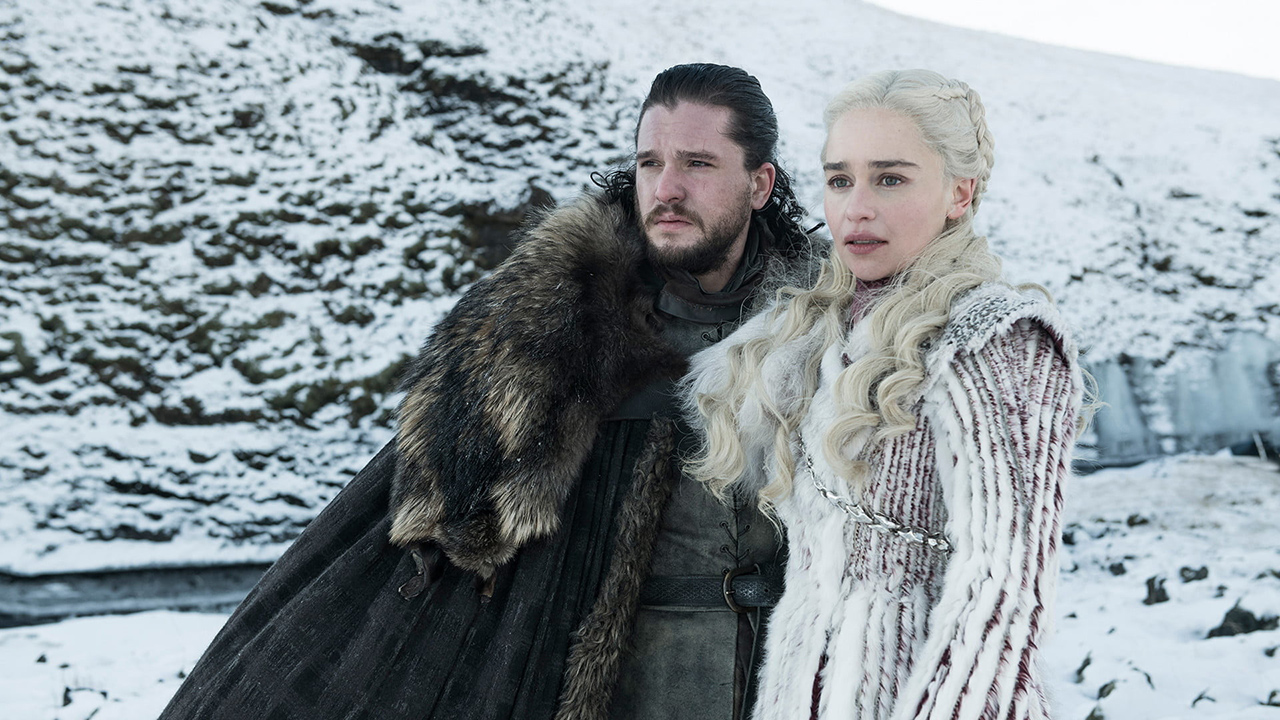
Full spoilers follow for Game of Thrones on HBO. You have been warned.
Over three years have passed since Game of Thrones' divisive final season aired. Despite the passage of time, fans of the high fantasy series continue to argue about which of its eight installments was the best of the bunch – ourselves included.
With season 1 House of the Dragon – the first Game of Thrones spin-off – recently airing on HBO Max to critical acclaim, we thought it was high time to address this debate once and for all. After all, Game of Thrones is one of the best HBO Max shows of all-time, so it's worth having this discussion.
Below, we've ranked every one of Game of Thrones' eight seasons from worst to best. We explain why we think each entry is deserving of their high (or low) position, too, so you've got a better understanding about why they've been placed there. Here, then, is every Game of Thrones season ranked.
8. Season 8 (2019)
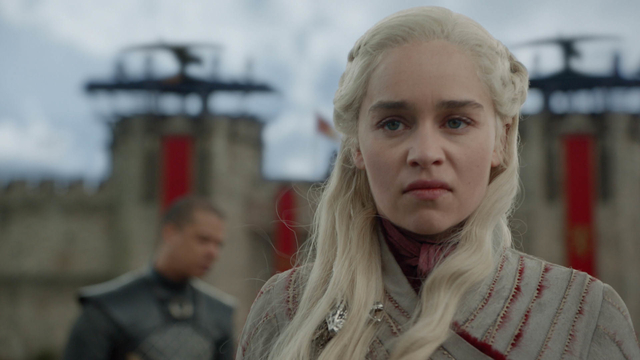
Wrapping up one of the biggest TV shows ever made was always going to be a mission of epic proportions. And, while the final six episodes of the saga are not the disaster many naysayers would claim, there’s no question they struggle to deliver on eight years of ever-expanding hype.
Aside from a surprisingly talky opening episode, the entire season is a breakneck sprint to the finish, seemingly more concerned about delivering headline-grabbing moments than satisfying character arcs.
Some of those moments are up there with the show’s best – Arya slaying the Night King, Brienne belatedly getting a knighthood, and Clegane vs Clegane. However, there are just as many questionable creative decisions that don't make sense or feel narratively rushed. The fight for Winterfell in ‘The Long Night’ is a classic example. It could have been the show’s signature battle, but the unrelenting darkness was enough to test the contrast settings on all but the very best TVs. However, season 8's biggest faux pas is its treatment of Daenerys, whose heel turn from sympathetic ruler to a genocidal, dragon-riding maniac is maddening and perplexing in equal measure.
Get daily insight, inspiration and deals in your inbox
Sign up for breaking news, reviews, opinion, top tech deals, and more.
By the time the fate of the Iron Throne is decided – the whole point of the show, remember – the whiff of an anti-climactic ending lingers like dragon smoke. Season 8 isn’t bad enough to sully the brilliance of what came before. But, as one of the best TV shows of the past decade, Game of Thrones deserved so much more.
7. Season 7 (2017)
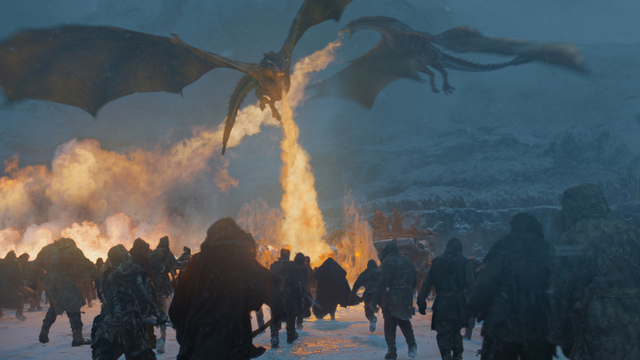
After numerous seasons of increasing complexity, season 7 is where the writers had the finishing line in their sights. Even so, it's still not as tight or fantastically foreboding as it should be.
Sure, it’s not as much of a dash as the final season, but the show's penultimate installment makes some bizarre sacrifices in the name of narrative convenience. Remember how characters used to spend entire seasons travelling between castles? Now we learn that Gendry can sprint vast distances in minutes if the fate of Westeros depends on it. Go figure. Meanwhile, the season also has a decent stab at out-icking the original Star Wars trilogy when Jon and Daenerys sleep with each other. To be fair, he doesn’t yet know she’s his aunt, but even Luke and Leia didn’t go that far.
Nonetheless, the season has some brilliant set-pieces. The Stark sister-engineered execution of conniver-in-chief Littlefinger, plus Lady Olenna’s glorious final words after she’s been poisoned for her part in King Joffrey’s death – Dame Diana Rigg wasn’t in the show much but lifted every single scene she was in – are Thrones at its best.
6. Season 5 (2015)
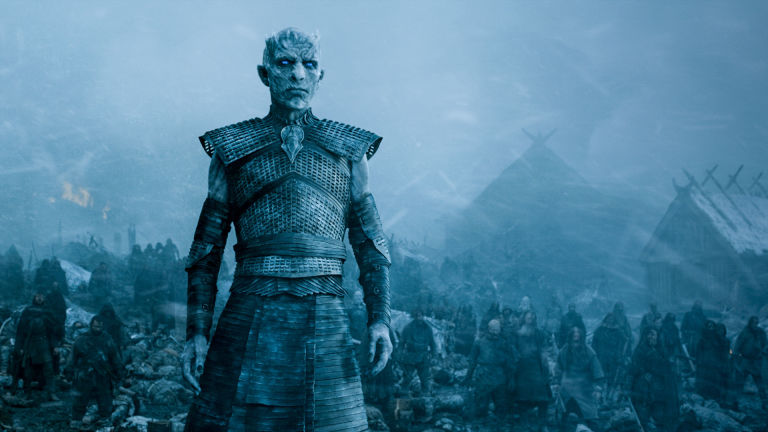
Maybe showrunners David Benioff and DB Weiss were getting antsy about overtaking George RR Martin’s books, but this season feels like a show on standby, waiting for bigger things to happen.
Aside from the White Walkers’ terrifying assault on Hardhome – arguably the moment the undead Night King out-bads Cersei to become the biggest threat to Westeros – it’s relatively light on action.
Some fans may not care much about that, especially when Tyrion and Varys are forming a memorable comedy double act in Daenerys’s court. But there are other storytelling aspects, such as Arya’s Braavos-based training sequences and the High Sparrow’s hard-line religious revolution in King’s Landing, that struggle to add any significant stakes to proceedings.
The most notable thing about season 5 is that it features the show’s darkest moment – yes, that’s saying something – when Stannis Baratheon burns his daughter alive in sacrifice to the Lord of Light. It also sets Jon Snow on his religious saviour arc, as the traitorous men of the Night’s Watch murder him in cold blood. (Et tu, Ollie?) Even so, you can’t help wondering if Bran Stark did the right thing by giving this year a miss entirely.
5. Season 2 (2012)
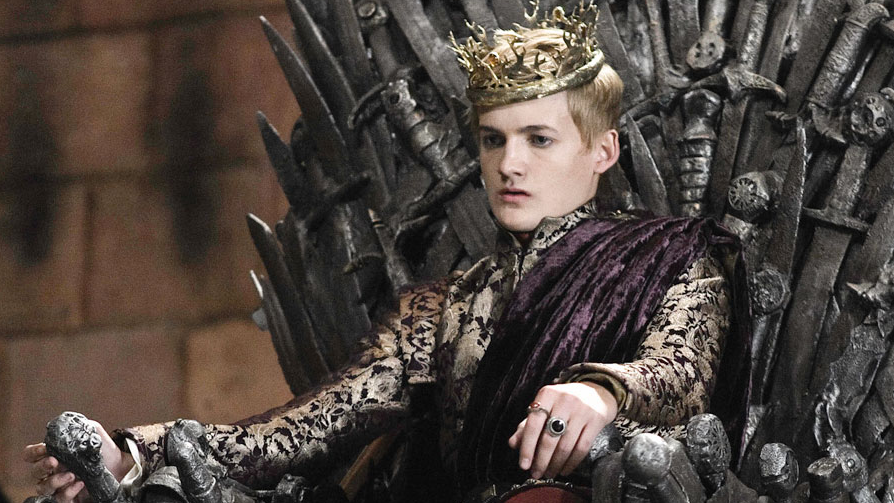
After Ned Stark parted company with his head, this was always going to be a very different beast to its predecessor. Season 2 expands the show’s scope and ambition considerably, taking us to more locations on the opening credit's wonderfully devised mechanical map.
As Daenerys and her baby dragons set out from Essos on a journey to fulfil her destiny, five other pretenders emerge to replace King Robert Baratheon on the Iron Throne: his spiteful son Joffrey, his grumpy brother Stannis, his nicer brother Renly, “King in the North” Robb Stark, and all-round scumbag Balon Greyjoy. A Clash of Kings indeed, and one where some of them fall before the real race has even begun. Still, the way Thrones makes you love (and love to hate) them all speaks to its fine art of storytelling and character evolution – something later seasons lack in spades.
It’s a year of familiar faces taking new paths – Stark sisters Sansa and Arya find themselves in the lion’s den with natural enemies the Lannisters, while Theon Greyjoy betrays the family who raised him. Meanwhile, the introduction to new characters who’ll be pivotal to the future of Westeros – the noble Davos Seaforth and the ambitious Margaery Tyrell are the most notable – are welcome additions, adding loyalty and more political bite to proceedings.
It’s also the season that turned Peter Dinklage’s brilliant Tyrion into a bona fide star. The youngest Lannister sibling becomes a top-class Hand of the King before explosively saving King’s Landing from Stannis’s naval assault. It’s a shame his family never appreciated him as we did.
4. Season 3 (2013)
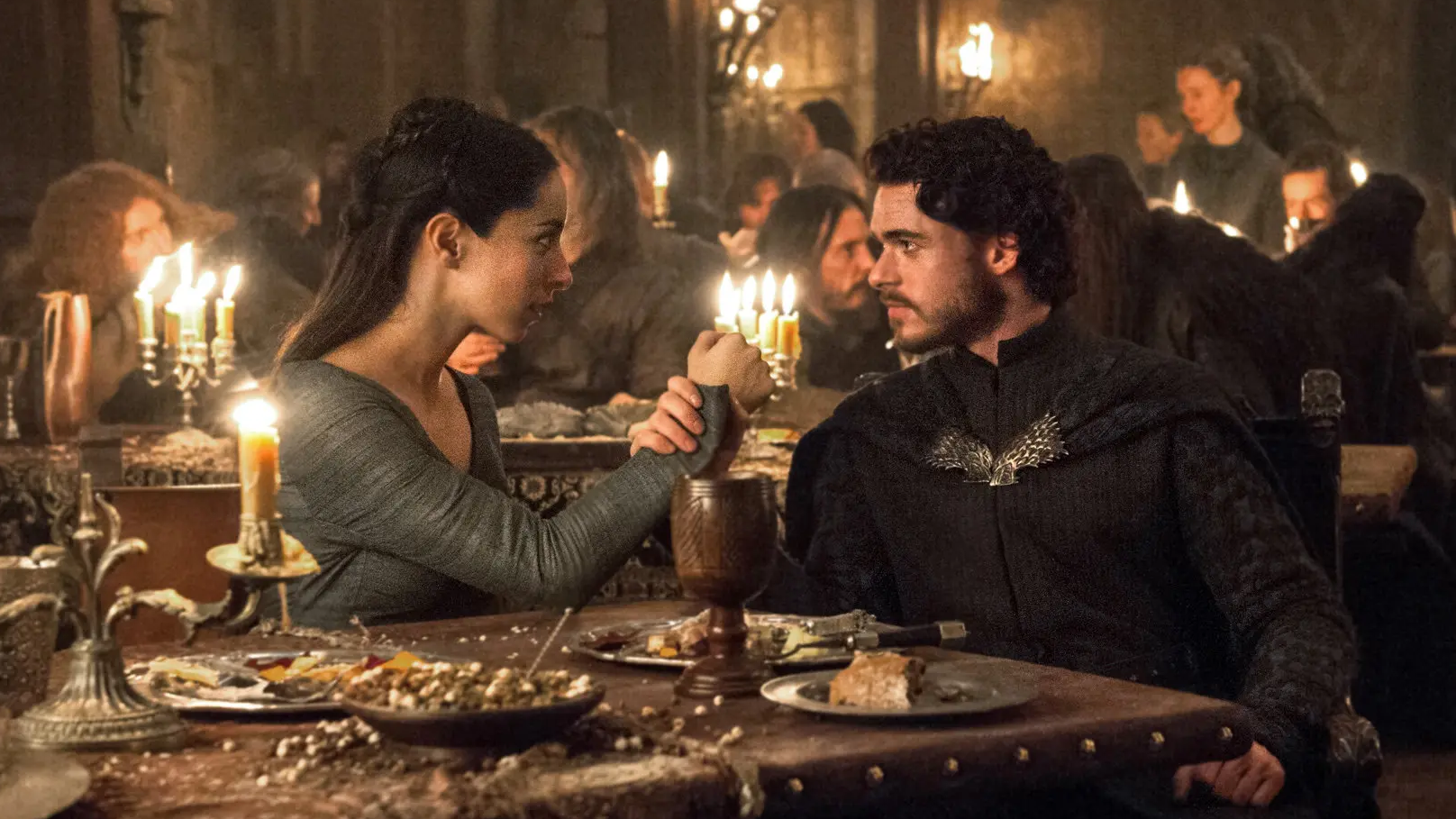
One shocking scene in season 3's penultimate episode The Rains of Castamere will forever define Game of Thrones and catapulted it into the cultural mainstream.
If Ned Stark’s beheading was the moment that confirmed the veracity of that old Westerosi saying – Valar Morghulis, aka All Men Must Die – the infamous Red Wedding proved once and for all that being good is seriously bad for your health. Stark heir Robb’s rise seems inevitable until he reneges on an agreement to marry Walder Frey’s daughter and – along with his mother Catelyn and pregnant wife Talisa – finds himself on the pointy end of a sword. The Lannisters send their regards, indeed.
While the wedding breakfast from hell changes the entire direction of the show – and the Seven Kingdoms – there are also plenty of other things to like about Thrones' third season. With Martin’s world now fully established, the series really hits its stride in terms of character development, allowing the unlikely friendship between Brienne and Jaime, as well as the romance between Jon Snow and Wildling Ygritte, to flourish organically.
Not everything is top-tier television, though. Season 3's penchant for Ramsay Bolton-led torture scenes, especially those involving Theon Greyjoy, are exceedingly gratuitous. Sure, they make for captivating "can't look away" moments. Nevertheless, they feel somewhat over the top on occasion.
3. Season 1 (2011)
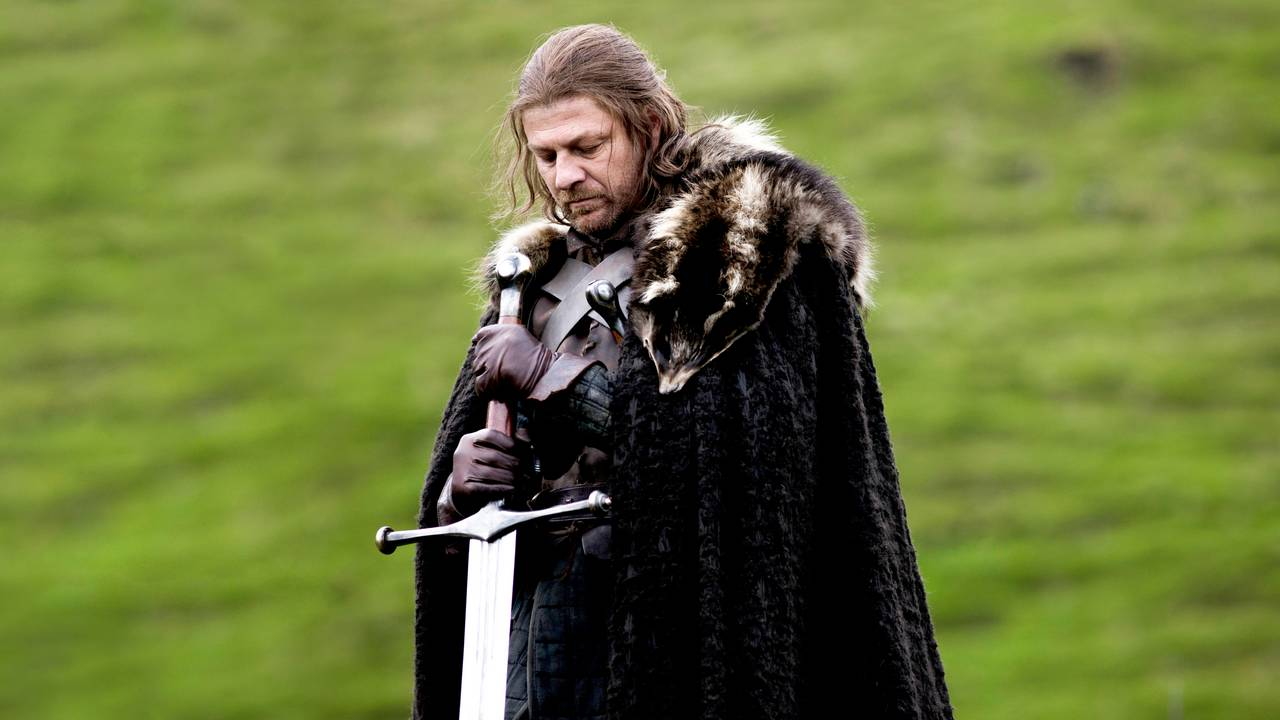
It’s easy to forget how radical Game of Thrones' debut season was.
Arriving a few short months after AMC's similarly violent The Walking Dead, HBO’s punt on George R.R. Martin’s A Song of Ice and Fire novels showed the world that screen fantasy didn’t need Hobbits, Elves, and magical rings to be successful.
Indeed, part of its first year’s genius was the way it avoided alienating mainstream audiences by introducing its fantastical elements stealthily. If you ignore the scenes of White Walkers and dragons that bookend the season, it's a very bloody version on medieval European history.
Beyond the hallmark HBO sex and violence, season 1 revels in reminding us that Westeros is a land where no one is safe. From incestuous Jaime Lannister pushing pre-teen Bran Stark out of a window to wannabe king Viserys’s molten gold coronation, the show set a new benchmark for watercooler conversation back in 2011. The moment that really sealed the deal, though, was the unexpected – unless you’ve read the books, of course – execution of noble Ned Stark. TV would never be the same again.
2. Season 4 (2014)
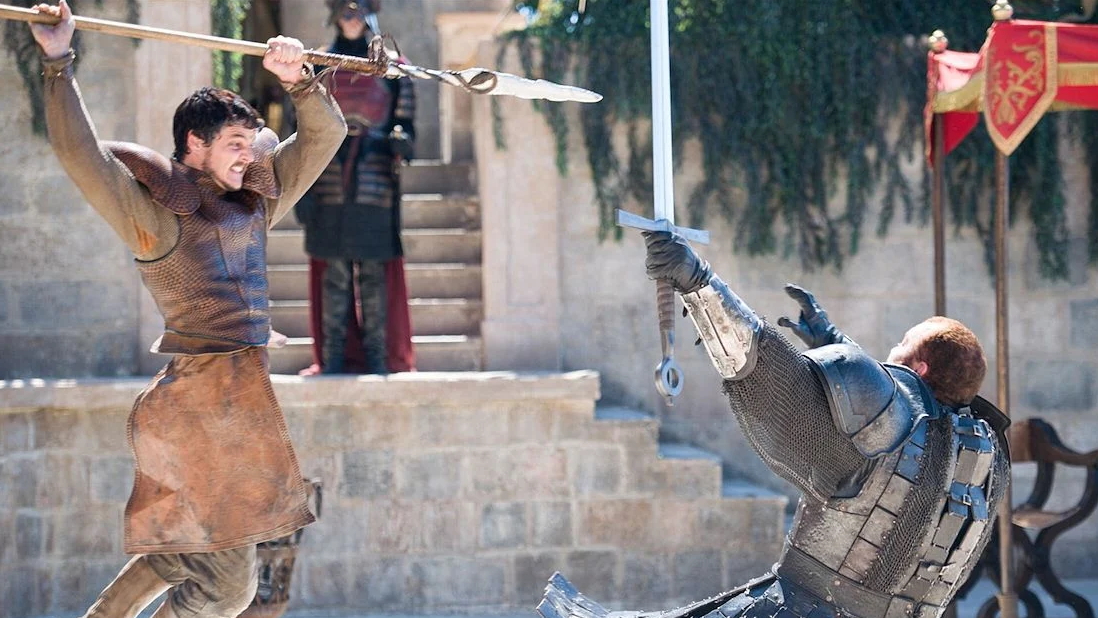
Two episodes in, Game of Thrones’ fourth year gets its Simpsons-style ‘Who Shot Mr Burns?’ moment when the utterly detestable Joffrey Baratheon is fatally poisoned. Suffice to say, everyone's a suspect, hence the Simpsons comparison.
This bold opening sets the tone for a season that becomes a tour de force of fantasy storytelling; an infectious blend of set-pieces and some of the best character development so far. It’s also the installment that makes the most of Game of Thrones’ unconventional structure, where episode breaks are artificial constructs that only exist because nobody can binge watch 10 hours in a single setting. Well, most of us can't, anyway. Hats off to those of you who can.
Arya and the Hound assume Brienne and Jaime’s unlikely double-act mantle as they bicker their way around the Seven Kingdoms in humorous and emotive fashion. We’re also treated to the most memorable toilet seat death since Jurassic Park as Tyrion – prime suspect for Joffrey’s murder – bumps off his unsuspecting dad at his most vulnerable moment.
However, the character who lights up the season is charismatic newcomer Oberyn Martell, played by The Mandalorian's Pedro Pascal, who steals every scene he’s in. It's a pity, then, that his head is unceremoniously crushed by the Mountain's extraordinarily large hands during that stunningly brutal episode 8 battle.
1. Season 6 (2016)
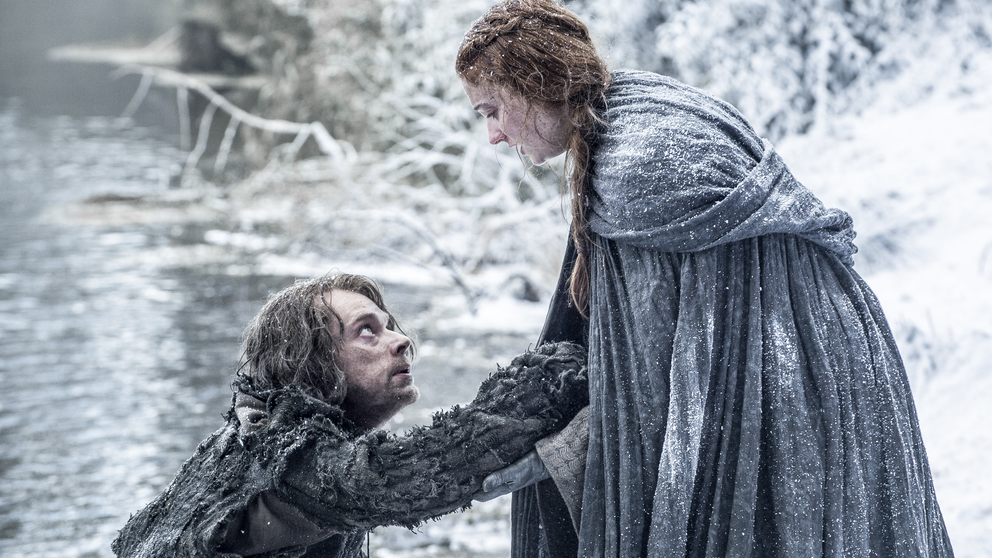
If Benioff and Weiss were apprehensive about overtaking Martin’s books (which they seemed to be in season 5), you wouldn’t know it from the wonderfully assured season 6.
While Daenerys is busily rounding up allies on the other side of the Narrow Sea, Ned Stark’s descendants take centre stage: Arya starts working through her kill list in earnest, Sansa says enough is enough, and Bran learns the weird ways of the Three-Eyed Raven. Meanwhile, Jon Snow comes back from the dead, executes everyone who conspired against him, and wins the so-called “Battle of the Bastards”, despite displaying little aptitude for tactics. Each one is a hugely crowd pleasing moment that finally delivers some form of justice for the Stark clan after five seasons of unrelenting misery – heart warming (weird as that is to say) pay off that proves Thrones isn't a wholly sadistic affair.
The main reason season 6 tops our list, though, is the sheer quantity of Westeros-shattering moments. Whether it’s Cersei wiping out her enemies in the Grand Sept explosion and King Tommen’s subsequent suicide, the tearjerking explanation for Hodor’s name, or the jaw-dropping revelation about Jon Snow’s Targaryen heritage, this comes close to Westerosi perfection. It's just a pity its two successors couldn't live up to the sixth season's superb showing.
For more Game of Thrones-based content, find out where to watch Game of Thrones, no matter where you live. Alternatively, read up on why we think Game of Thrones' final two seasons muddied opinions on it after the show celebrated its 10th anniversary in 2021.
Richard is a freelance journalist specialising in movies and TV, primarily of the sci-fi and fantasy variety. An early encounter with a certain galaxy far, far away started a lifelong love affair with outer space, and these days Richard's happiest geeking out about Star Wars, Star Trek, Marvel and other long-running pop culture franchises. In a previous life he was editor of legendary sci-fi and fantasy magazine SFX, where he got to interview many of the biggest names in the business – though he'll always have a soft spot for Jeff Goldblum who (somewhat bizarrely) thought Richard's name was Winter.
- Tom PowerSenior Entertainment Reporter
